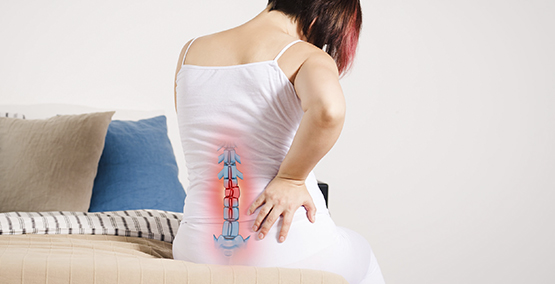
The Latest and greatest treatments for IBD: What to believe
What’s the best IBD medicine for me? Confusion on television and in your inbox....
See moresign up for our newsletter
SubscribeCalcium and vitamin D are essential for keeping the bones strong. If your body does not get enough calcium and vitamin D in the diet, your bones can develop holes (pores) known as osteoporosis.
The body works to keep calcium levels in the blood steady so the muscles and heart can properly function. To maintain steady levels of calcium, the body takes it from the bone. If calcium is low in the diet, the bones slowly weaken.

Vitamin D is important because it improves calcium absorption. When it's low (vitamin D deficiency) or when someone has been taking steroids for a long time, it is important to test for bone strength to prevent the development of osteoporosis.
A DEXA scan measures bone strength and osteoporosis. The scan measures how strong (the density) the bones are in the spine and hip. The results are compared to other people in the same age bracket with a number called a z-score. A z-score of 0 is average and any number above 0 (a positive number) is good sign of bone strength. A negative number is below average and usually suggests that extra calcium and vitamin D would be helpful to increase bone density. A z-score of -2 or lower often means that further treatment may be needed.
This article, as well as all others, was reviewed and edited by a member of our Medical Advisory Board.
Subscribe Be the first to know